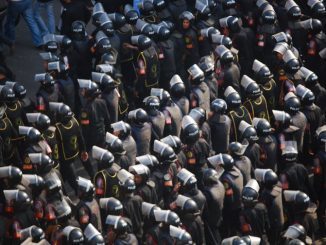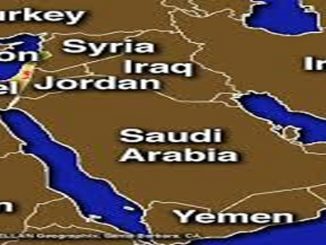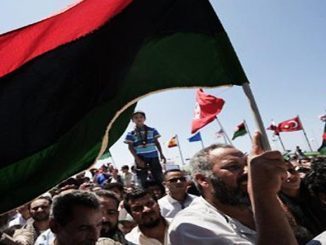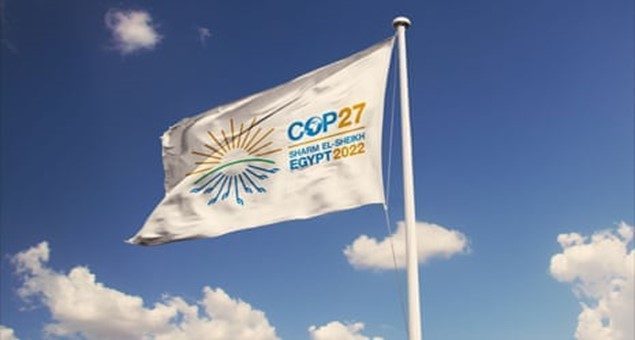
Several Nobel laureates for Literature have urged world leaders to raise human rights issues and call for release of the political prisoners in Egypt, as they visit Egypt for the COP27 climate change conference to be soon held in Sharm El-Sheikh
A group of winners of the Nobel Prize for Literature have urged world leaders to raise human rights issues as they visit Egypt for the COP27 climate change conference
Over a dozen Nobel laureates have published an open letter calling on governments, environmental groups and businesses to call for the release of thousands of political prisoners in Egypt in the run-up to and during the COP27 United Nations Climate Change Conference due to launch in Sharm el-Sheikh next week.
In a letter sent to various heads of state, the group of fifteen Nobel Laureates asked the visiting diplomats and politicians to “devote part of your agenda to the many thousands of political prisoners held in Egypt’s prisons.”
“A just transition cannot be solely concerned with bringing down emissions, but must be a transition away from exploitation and coercion,” the letter reads. “We ask you to raise their names, to call for their freedom, and to invite Egypt to turn a page and become a true partner in building a different future.”
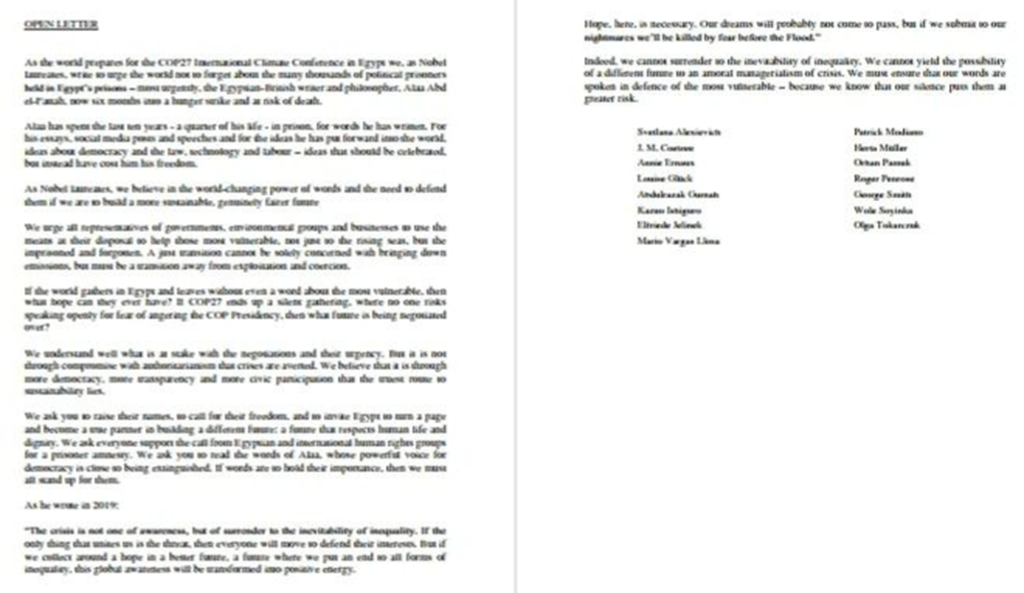
The group sent a similarly worded letter to over 30 heads of state, climate ministers, chief envoys and negotiators. Those addressed include the presidents of the United Nations, the European Commission and the United States who are all traveling to Egypt to attend the summit.
“If COP27 ends up a silent gathering, where no one risks speaking openly for fear of angering the COP Presidency, then what future is being negotiated over?” the letter says. “We ask everyone to support the call from Egyptian and international human rights groups for a prisoner amnesty.”
In particular, they asked for the case of prominent imprisoned activist Alaa Abdel-Fattah to be raised, as he escalates his hunger strike on the conference’s first day.
Abdel-Fattah’s family said he started a full hunger strike on Tuesday and plans to start denying himself water as of Nov. 6, the first day of the international climate conference. His family has expressed fears that without water he will die before the conference concludes Nov. 18.
Abdel-Fattah, an outspoken dissident and a U.K. citizen, rose to prominence with the 2011 pro-democracy uprisings that swept the Middle East and in Egypt toppled long-time President Hosni Mubarak. The 40-year-old activist spent most of the past decade behind bars and his detention has become a symbol of Egypt’s return to autocratic rule.
As an international spotlight focuses on Egypt ahead of the climate summit in the Red Sea town of Sharm el-Sheikh, Abdel-Fattah’s family has been lobbying for his release.
His sister, Sanaa Seif, has been staging a sit-in at the headquarters of Britain’s Foreign Ministry to push the U.K. to take action in his case.
Here is the letter by several Nobel laureates for Literature:
OPEN LETTER
As the world prepares for the COP27 International Climate Conference in Egypt we, as Nobel laureates, write to urge the world not to forget about the many thousands of political prisoners held in Egypt’s prisons – most urgently, the Egyptian-British writer and philosopher, Alaa Abd el-Fattah, now six months into a hunger strike and at risk of death.
Alaa has spent the last ten years – a quarter of his life – in prison, for words he has written. For his essays, social media posts and speeches and for the ideas he has put forward into the world, ideas about democracy and the law, technology and labour – ideas that should be celebrated, but instead have cost him his freedom.
As Nobel laureates, we believe in the world-changing power of words and the need to defend them if we are to build a more sustainable, genuinely fairer future
We urge all representatives of governments, environmental groups and businesses to use the means at their disposal to help those most vulnerable, not just to the rising seas, but the imprisoned and forgotten. A just transition cannot be solely concerned with bringing down emissions, but must be a transition away from exploitation and coercion.
If the world gathers in Egypt and leaves without even a word about the most vulnerable, then what hope can they ever have? If COP27 ends up a silent gathering, where no one risks speaking openly for fear of angering the COP Presidency, then what future is being negotiated over?
We understand well what is at stake with the negotiations and their urgency. But it is not through compromise with authoritarianism that crises are averted. We believe that it is through more democracy, more transparency and more civic participation that the truest route to sustainability lies.
We ask you to raise their names, to call for their freedom, and to invite Egypt to turn a page and become a true partner in building a different future: a future that respects human life and dignity. We ask everyone support the call from Egyptian and international human rights groups for a prisoner amnesty. We ask you to read the words of Alaa, whose powerful voice for democracy is close to being extinguished. If words are to hold their importance, then we must all stand up for them.
As he wrote in 2019:
“The crisis is not one of awareness, but of surrender to the inevitability of inequality. If the only thing that unites us is the threat, then everyone will move to defend their interests. But if we collect around a hope in a better future, a future where we put an end to all forms of inequality, this global awareness will be transformed into positive energy.
Hope, here, is necessary. Our dreams will probably not come to pass, but if we submit to our nightmares we’ll be killed by fear before the Flood.”
Indeed, we cannot surrender to the inevitability of inequality. We cannot yield the possibility of a different future to an amoral managerialism of crisis. We must ensure that our words are spoken in defence of the most vulnerable – because we know that our silence puts them at greater risk.
Signatories:
Svetlana Alexievich, J. M. Coetzee, Annie Ernaux, Louise Glück, Abdulrazak Gurnah, Kazuo Ishiguro, Elfriede Jelinek, Mario Vargas Llosa, Patrick Modiano, Herta Müller, Orhan Pamuk, Roger Penrose, George Smith, Wole Soyinka, and Olga Tokarczuk.

